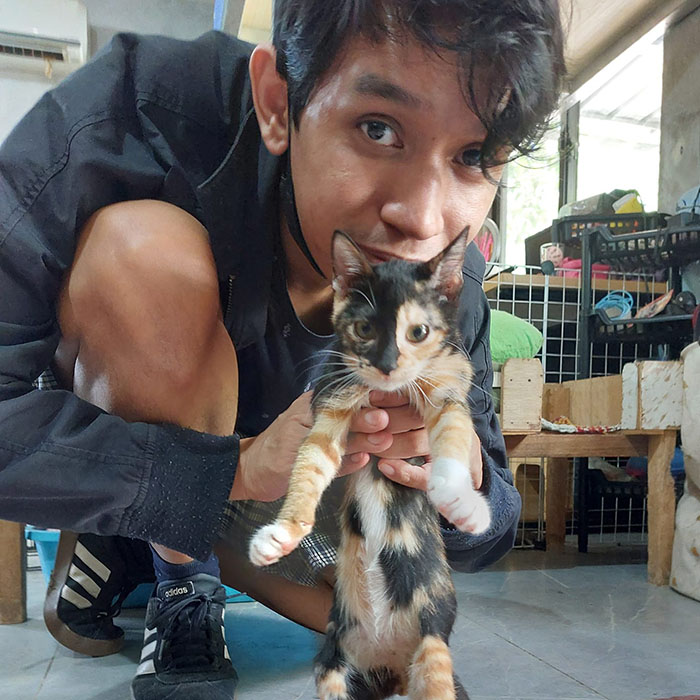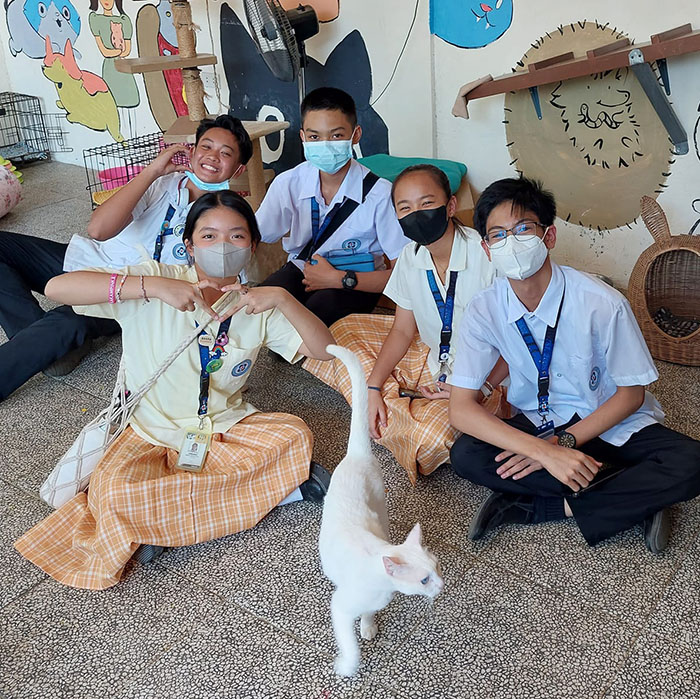The Link Between Animal Cruelty and Human Violence
Animal cruelty is not only a concern for the welfare of our furry furriends, but could quite possibly have a significant effect on our society as a whole. Research shows that there is a strong link between animal abuse and interpersonal violence between us humans. In this article, we will learn more about the connection between animal cruelty and human violence and the factors that contribute to them.
Understanding the Connection
Numerous studies have established the connection between animal cruelty and subsequent acts of violence towards humans. Countless individuals who have actively engaged in acts of violence towards animals have also displayed aggressive, even homicidal, behavior towards humans. This pattern has been observed in individuals with violent backgrounds in cases of domestic violence, child abuse, and even serial killers.
This connection has raised questions about the underlying psychology of this link, and how we can prevent violent actions towards humans and animals alike.
Contributing Factors
Several factors contribute to this link. Acts of violence towards humans can begin from animal abuse due to desensitization. Desensitization is where an individual’s emotional response to either negative or positive stimulus diminishes after repeated exposure. When individuals repeatedly engage in the abuse of animals without serious consequences, they will most likely be desensitized to the suffering of humans.
Another contributing factor is the cycle of violence. Individuals who have experienced abuse, especially at a young age, may be more prone to perpetuating the same abuse to humans and animals.
Further studies show that acts of violence can be an indicator of a broader psychological issue. Individuals who engage in animal abuse may be more likely to have an underlying mental health disorder or antisocial personality.
Acknowledging and addressing is crucial to breaking the cycle of violence.
Implications for Society
The connection between animal abuse and human violence has significant implications for the safety of society as a whole. Recognizing and addressing animal cruelty could prevent a potentially more serious threat to others’ safety.
Furthermore, promoting empathy towards animals could develop a more sympathetic society. Teaching children and adults alike to treat animals with kindness and respect can help instill a more gentle and non-violent attitude among us humans.
Combating Animal Cruelty and Human Violence
Education is key. Children must be taught compassion for animals at an early age. This kind of awareness in children is likely to extend to adulthood. Individuals who display signs of animal cruelty or violence need support to deal with potential mental health issues.
Rehabilitation programs can help individuals with a history of animal cruelty, providing them with counseling to address underlying issues. Proactive measures need to be taken to end the cycle of violence and create a safer, more compassionate society for both humans and animals.




